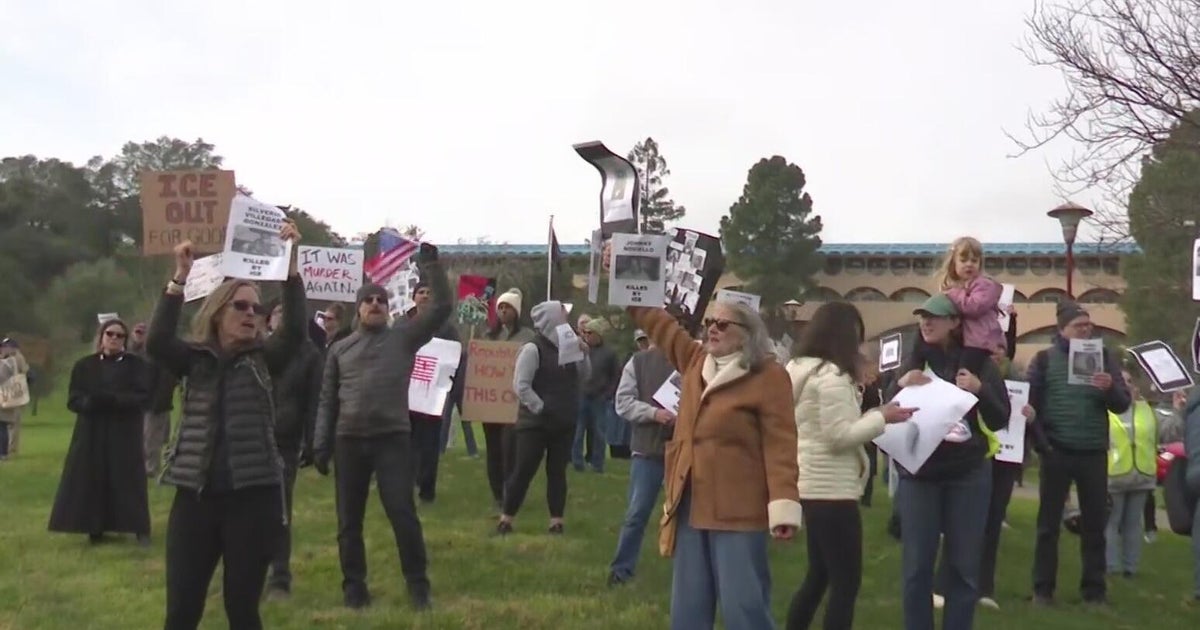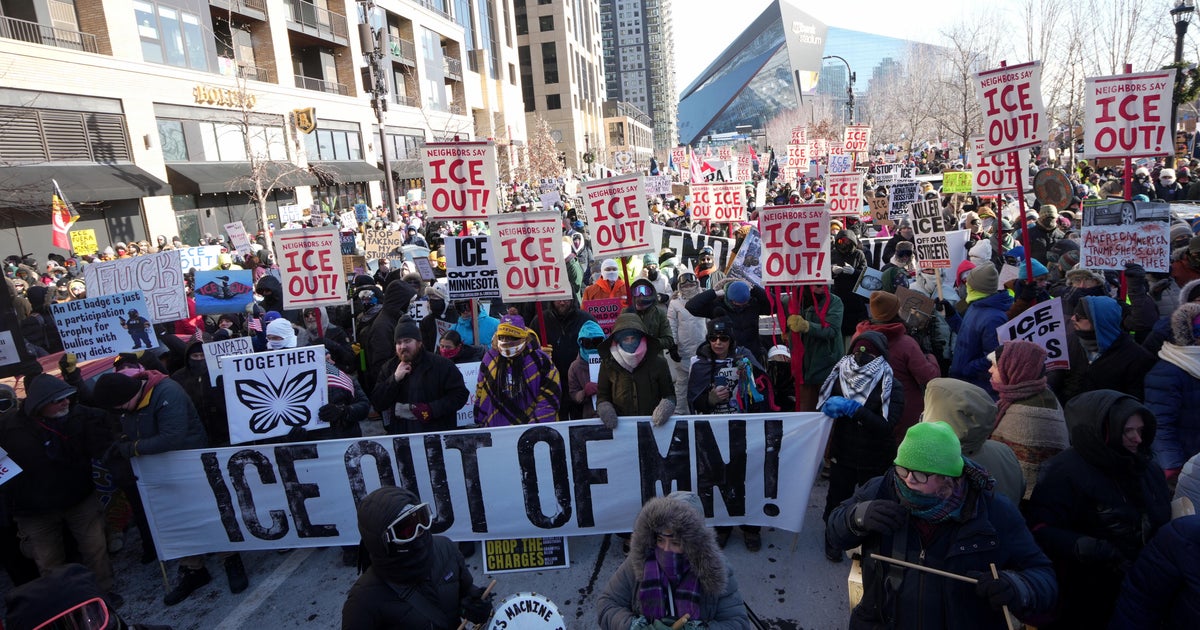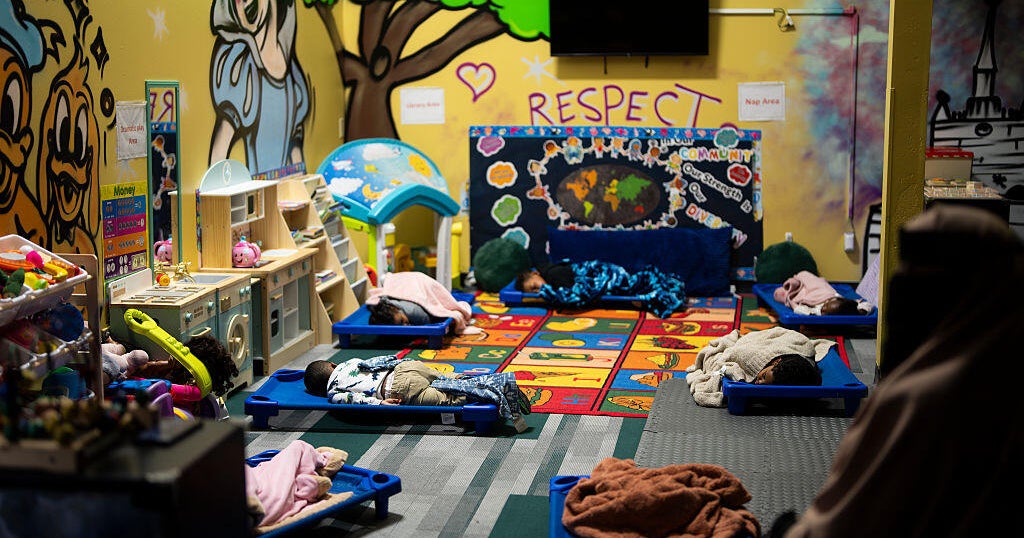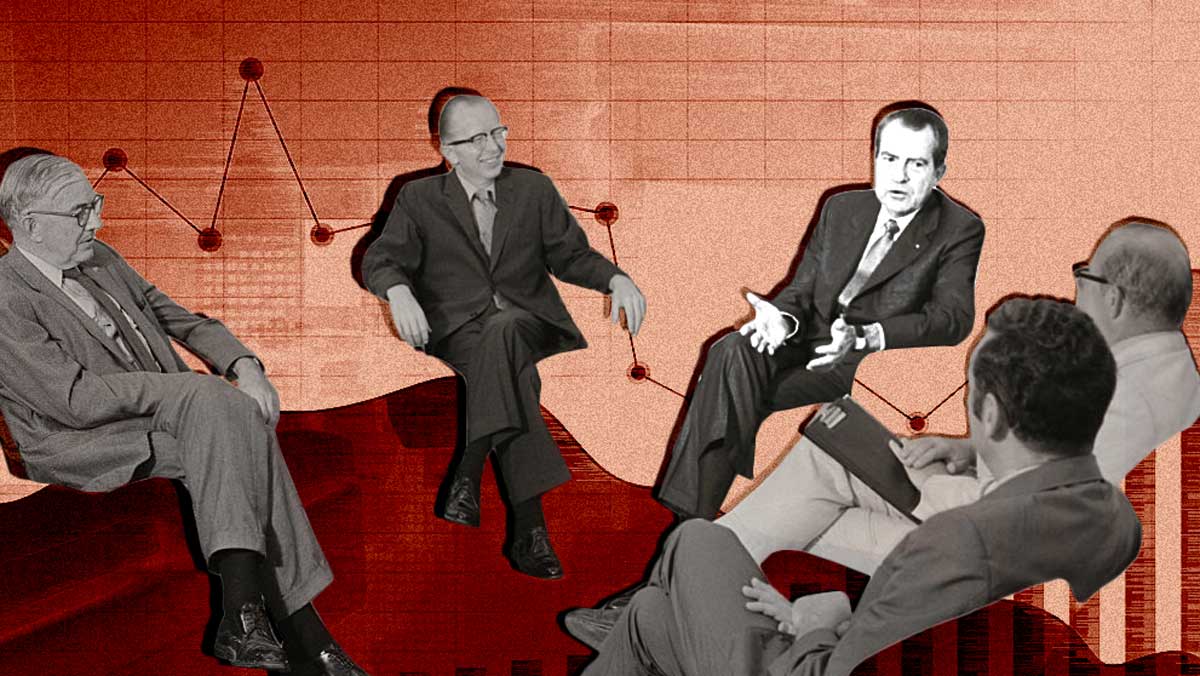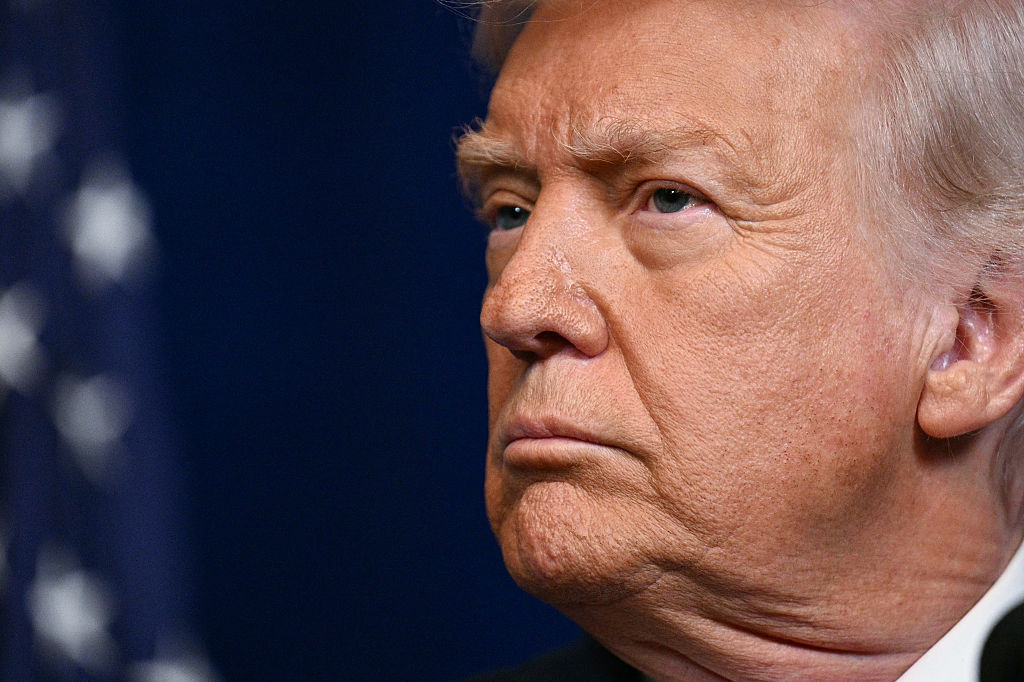Slowing U.S. economy compounds Trump's political woes
The Trump administration faces another grave political threat beyond an impeachment inquiry: The U.S. economy is showing signs of distress. Although the signals don't point to an immediate recession, as was feared just a few weeks ago, they do suggest that the country's decade-long economic expansion is finally running out of steam.
That decline is particularly ill-timed. Experts say the bitter clash between House Democrats and President Donald Trump over his alleged misuse of power likely scuttles any steps Congress might take to boost growth, such as coming to terms on a bill to increase spending on the nation's aging roads, bridges and other transportation infrastructure. Here's why the economy is slowing:
Consumers have less money to spend
Growth in personal income — the money people get from wages, salaries, interest payments and other sources — was much weaker last month than economists had expected, the latest government data show. The July figures were also more tepid that previously thought.
Consumer spending accounts for roughly two-thirds of U.S. economic activity, and it's been the main engine propelling growth this year. Less money in people's pockets usually means less spending. The "consumer boom is coming to an end, rapidly," Ian Shepherdson of Pantheon Macroeconomics said in a note.
Confidence is ebbing
The Conference Board's consumer confidence index this week showed — you guessed it — that Americans are feeling less optimistic about their economic prospects. And why wouldn't they given the dip in income noted above? The group also said that the trade war between the U.S. and China has "rattled consumers," another potential hit to spending.
Job growth is ticking down
Another important motor for the economy — the all-important labor market — is also revving down. Hiring in August fell below analyst forecasts. (It was probably even weaker than the headline number suggested, given that 25,000 of the 130,000 jobs employers added last month were temporary workers hired for the 2020 Census.) For the year, employers have added an average of 158,000 jobs per month this year, compared with 223,000 in 2018. Although that may partly reflect the nation's 3.7% unemployment rate, it also suggests the pace of hiring may have peaked.
Corporate profits are slipping
Manufacturers in the U.S. are already in a recession, worn down by tariffs and slowing global demand. True, the sector matters less to the economy than it used to, accounting for only about 12% of gross domestic product, but it's still vital in regions like the Midwest. More worrying is that overall business spending on things like equipment has fallen sharply in recent months, a pullback executives attribute to uncertainty caused by trade tensions.
The upshot
After the economy raced out of the gates in the first three months of the year, reaching Mr. Trump's stated GDP target of 3%, growth has steadily lost speed. It fell to 2% in the second quarter, and many economists predict growth will land well short of that figure in the July-to-September period.
The economy isn't going into reverse — a recession — for now, but it is taking its foot off the gas. The startling political drama unfolding in Washington is unlikely to help.
